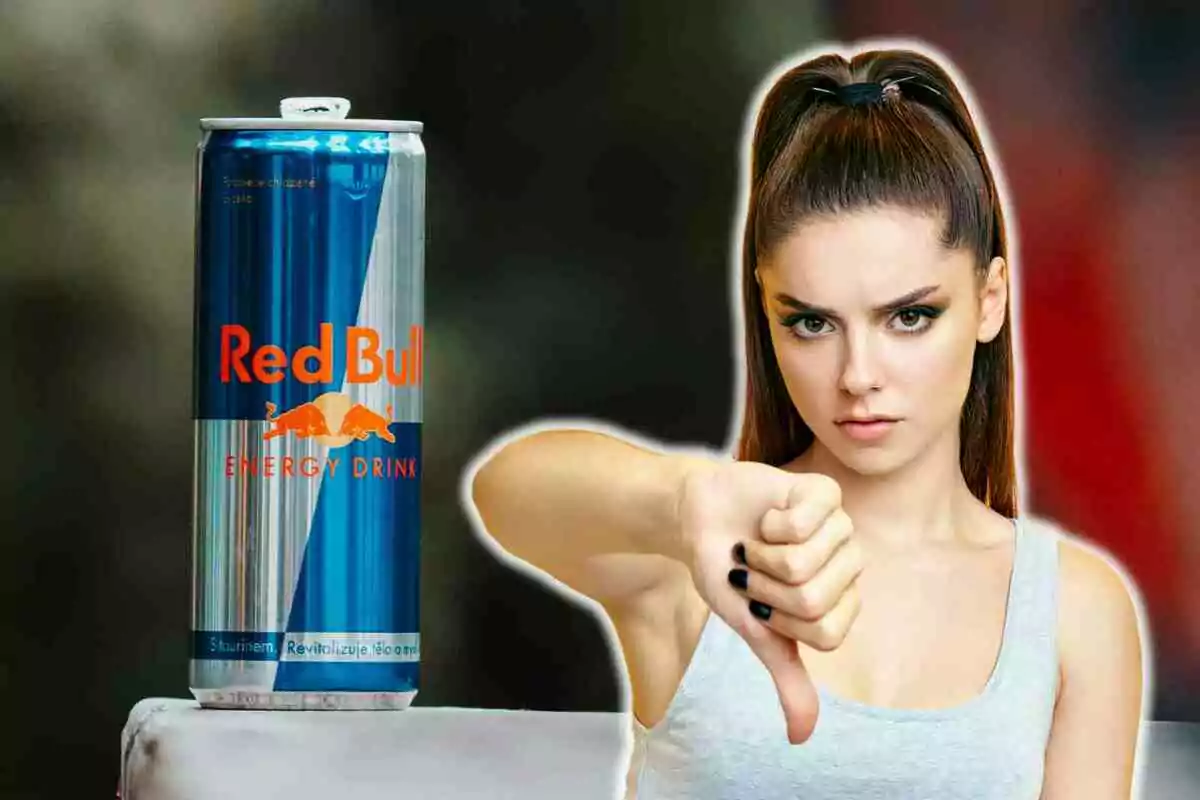
Goodbye to Energy Drinks: These Are the 5 Worst Brands in Spain, According to the OCU
The OCU Warns About the Health Risks of Energy Drinks with High Caffeine Doses in Spain
Energy drinks are a popular option, especially among younger people, to combat fatigue and keep active. However, a study by the Organization of Consumers and Users (OCU) has raised an alert about the caffeine content of these drinks.
Specifically, the OCU has identified several energy drinks available in supermarkets that contain 150 mg or more of caffeine per can. This equals or exceeds the maximum daily intake recommended by the European Food Safety Authority (EFSA) for a 110 lb. (50 kg) teenager.

Energy drinks that contain high levels of caffeine usually come in large formats, half a liter (16.9 fl. oz.). They are very popular among teenagers, who are the main consumers. However, excessive caffeine can have adverse health effects, especially if consumed in high doses or frequently.
The Most Dangerous Energy Drinks, According to the OCU
According to the OCU study, several brands of energy drinks contain more than 150 mg of caffeine per can. Among the most problematic drinks are some of the best-known in supermarkets and convenience stores in Spain. This is the case of Monster Energy, Monster Juiced Monster, Energy drink from Mercadona, Burn Original, and PepsiCo Energy Drink Original.
However, these 5 have not been the only ones directly pointed out by the OCU. Also, Reign Melon Mania, Nocco Juicy Melba, Furious Energy Drink from Mercadona, Rockstar Original No Sugar, Colossus Lidl, Monster Energy Zero, or Burn Zero Sugar Raspberry are harmful to health, according to the OCU.

In addition to caffeine, these drinks often contain other stimulating substances such as taurine, L-carnitine, and glucuronolactone, whose concentrations are not always reflected on the labels. They also typically contain large amounts of sugar. This further increases health risks, especially in people with metabolic problems or diabetes.
The Impact of Caffeine on Health
Caffeine is known for its stimulating effects, which can increase alertness and reduce drowsiness. In moderate doses, it could also have some benefits for cardiovascular health. However, the OCU and other experts agree that when consumed in excess, these benefits turn into health risks.
In the short term, excessive caffeine can disrupt sleep, cause anxiety, alter behavior, and increase irritability. If consumed regularly in large amounts, the negative effects can be even more severe. Such as cardiovascular problems or a greater vulnerability to dehydration.

Therefore, although caffeine is not inherently dangerous, it is important not to exceed the recommended levels, especially for teenagers.
A particularly concerning aspect of energy drink consumption, according to the OCU and the WHO, is their combination with alcoholic beverages. The mix of caffeine and alcohol is dangerous because caffeine reduces the feeling of sleepiness and fatigue. This allows people to drink more alcohol without noticing the effects of drunkenness.
More posts: